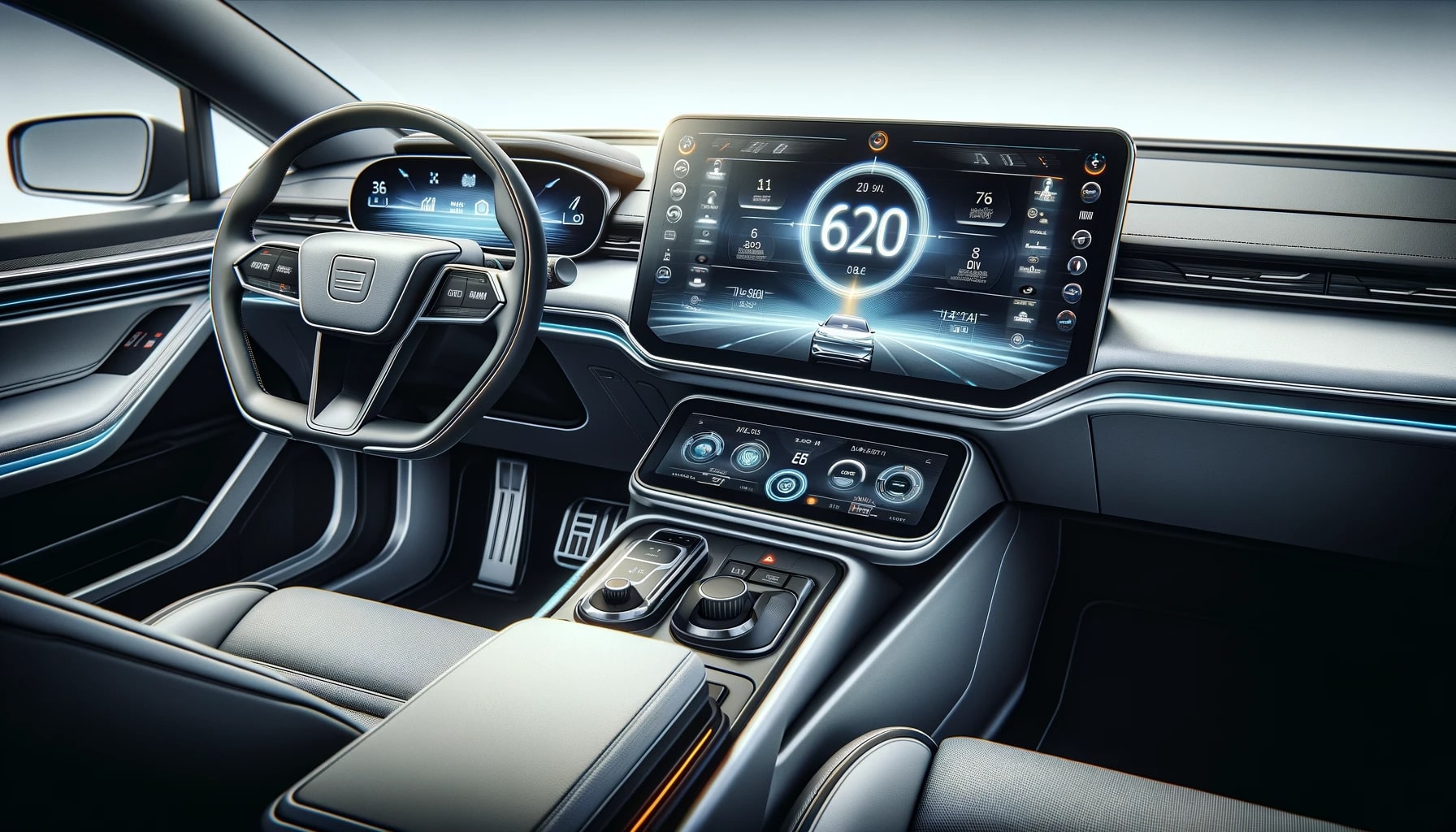Autonomous vehicle companies have achieved a milestone by logging over 9 million miles of testing on California’s roads from December 2022 to November 2023. This information, released by the California Department of Motor Vehicles in its annual disengagement reports, reveals a significant increase in autonomous miles compared to the previous year. The data disclosed includes miles driven without any human intervention, as well as those with a safety driver present, indicating a growing confidence in the technology.
In-Depth Analysis of AV Testing and Disengagements
The DMV’s reports shed light on instances where autonomous vehicles switched out of autonomous mode, either due to system failures or proactive interventions by safety drivers. However, these reports are not entirely indicative of each company’s performance due to the lack of context regarding driving conditions. For instance, vehicles tested on less complex roads are less likely to encounter issues than those tested in congested urban environments. The state currently has 38 companies authorized to conduct AV tests with safety drivers, and six companies allowed to test without them. Notably, Pegasus Technology Holdings’ permit was suspended for failing to submit a disengagement report.
Recording disengagements is a complex process, as companies define and report them based on their own criteria. These metrics can sometimes be ambiguous, as AV systems may actually handle certain situations correctly even if safety drivers choose to intervene. In the reported period, AV companies noted 6,570 disengagements, with AutoX, Cruise, and Mercedes-Benz reporting none. However, this does not necessarily equate to flawless performance, as demonstrated by known challenges in companies like Cruise.
Leading Companies in Fleet Size and Mileage
Cruise, Waymo, and Zoox are at the forefront in terms of fleet size, together accounting for approximately 76% of all AVs in California. Interestingly, despite having the largest fleet, Cruise was outpaced by Waymo in total miles driven, with Waymo also having the most extensive and diverse service area. Companies now classify disengagements based on whether they were initiated by the safety driver, the AV system, or both, providing a more nuanced understanding of AV performance. For example, Waymo reported a total of 212 disengagements, with most initiated by safety drivers.
The report also highlights the competitive landscape amongst AV operators. Waymo led in distance covered with its vehicles tallying nearly 4.9 million miles, combining driver-assisted and driverless travel. Cruise followed, achieving the greatest number of driverless miles. Apple, despite not having driverless testing permits, significantly increased its testing mileage with a safety driver, indicating an aggressive ramp-up in its AV testing efforts.
The growing mileage covered by autonomous vehicles reflects the rapid progress in the development and trust in AV technologies. As companies continue to expand their testing parameters and refine their systems, the road to fully autonomous transportation becomes increasingly tangible. California, a hub for AV innovation, remains at the forefront of this transformative journey, setting benchmarks and revealing the potential for autonomous mobility to reshape the future of transportation.










